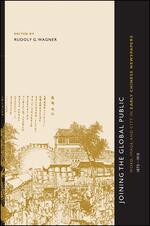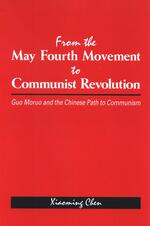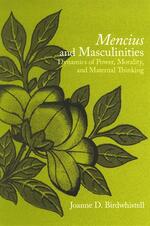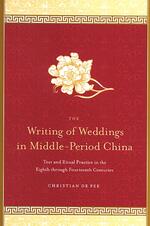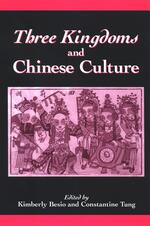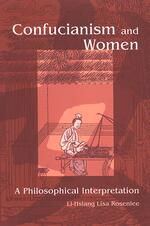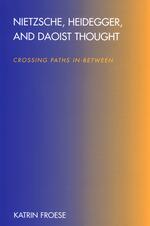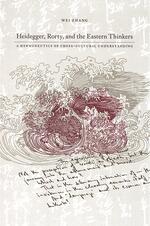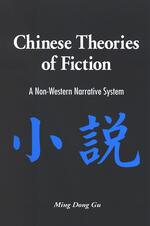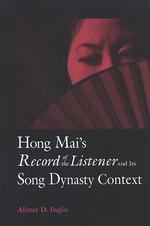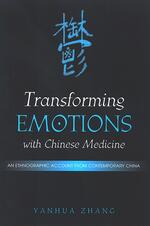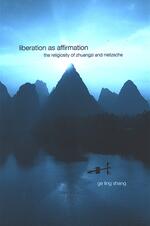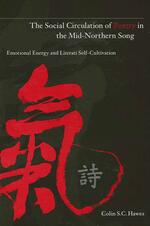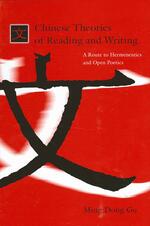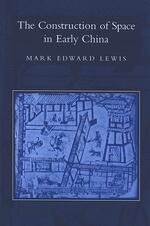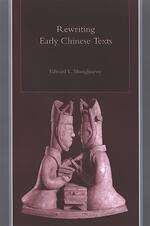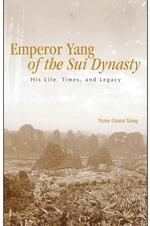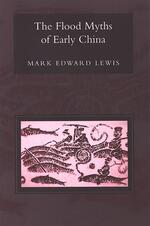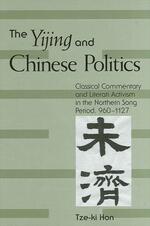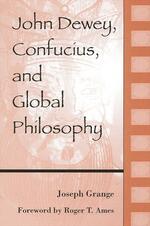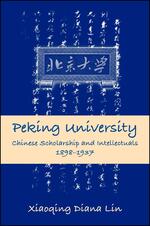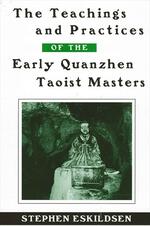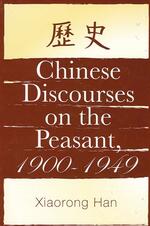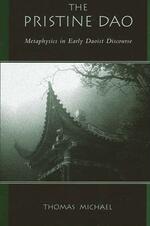SUNY series in Chinese Philosophy and Culture
Joining the Global Public
Explores the early Chinese press, which emerged in the late nineteenth and early twentieth centuries, and its impact on China’s modernization.
From the May Fourth Movement to Communist Revolution
Using the life and work of influential Chinese writer Guo Moruo (1892–1978), reflects on China’s encounters with modernity, Communism, and capitalism.
Mencius and Masculinities
Looks at the Confucian classic Mencius from a feminist perspective and uncovers the “maternal thinking” within the work.
The Writing of Weddings in Middle-Period China
A groundbreaking work that treats writing as a ritual practice and texts as ritual objects.
Three Kingdoms and Chinese Culture
A multi-disciplinary exploration of China’s first great classical novel, Three Kingdoms, and its influence on Chinese culture.
Confucianism and Women
Challenges accepted beliefs that Confucianism is a cause of women’s oppression and explores Confucianism as an ethical system compatible with gender parity.
Nietzsche, Heidegger, and Daoist Thought
This work of comparative philosophy envisions a cosmological whole that celebrates difference.
Heidegger, Rorty, and the Eastern Thinkers
Explores the cross-cultural endeavors of Rorty and Heidegger, particularly how this work addresses the possibilities of comparative philosophy itself.
Chinese Theories of Fiction
An ambitious, innovative work that proposes a distinctly Chinese theory of fiction.
Hong Mai's Record of the Listener and Its Song Dynasty Context
The first book-length consideration of Hong Mai’s Record of the Listener, the Song dynasty text that has been an ongoing source of literary and social history.
Transforming Emotions with Chinese Medicine
Explores how Chinese medicine deals with emotional disorders.
Stairway to Heaven
A consideration of China’s Mount Emei, long important in Chinese culture and history and of particular significance to Buddhists.
Liberation as Affirmation
Uses the concept of religiosity to challenge traditional views of Nietzsche and Zhuangzi as nihilistic and anti-religious.
The Social Circulation of Poetry in the Mid-Northern Song
Explores how literati of China’s mid-Northern Song period developed a social and therapeutic tradition in poetry. Includes a number of translations of the witty poems of the period.
Chinese Theories of Reading and Writing
A groundbreaking work that uncovers an implicit system of hermeneutics in traditional Chinese thought and aesthetics.
The Construction of Space in Early China
Shows how the emerging Chinese empire purposely reconceived but was also constrained by basic spatial units such as the body, the household, the region, and the world.
Rewriting Early Chinese Texts
Explores the rewriting of early Chinese texts in the wake of new archaeological evidence.
Emperor Yang of the Sui Dynasty
A reappraisal of Emperor Yang of the Sui dynasty, finding that his legacy provided the foundation for the celebrated civilization of the Tang dynasty.
The Flood Myths of Early China
Explores how the flood myths of early China provided a template for that society’s major social and political institutions.
The Yijing and Chinese Politics
Discusses interpretations of the Yijing (the I Ching or Book of Changes) during the Northern Song period and how these illuminate the momentous changes in Chinese society during this era.
John Dewey, Confucius, and Global Philosophy
Bringing together the philosophies of John Dewey and Confucius, this work illustrates a means for cultural interaction and provides a model of global philosophy.
Peking University
Discusses the first decades of Peking University and its role in shaping Chinese intellectual culture.
The Teachings and Practices of the Early Quanzhen Taoist Masters
Explores the religion developed by the Quanzhen Taoists, who sought to cultivate the mind not only through seated meditation, but also throughout the daily activities of life.
Chinese Discourses on the Peasant, 1900-1949
Shows how Chinese intellectuals with varying politics envisioned the peasantry and its role in changing society during the first half of the twentieth century.
The Pristine Dao
A new reading of Daoism, arguing that it originated in a particular textual tradition distinct from Confucianism and other philosophical traditions of early China.
